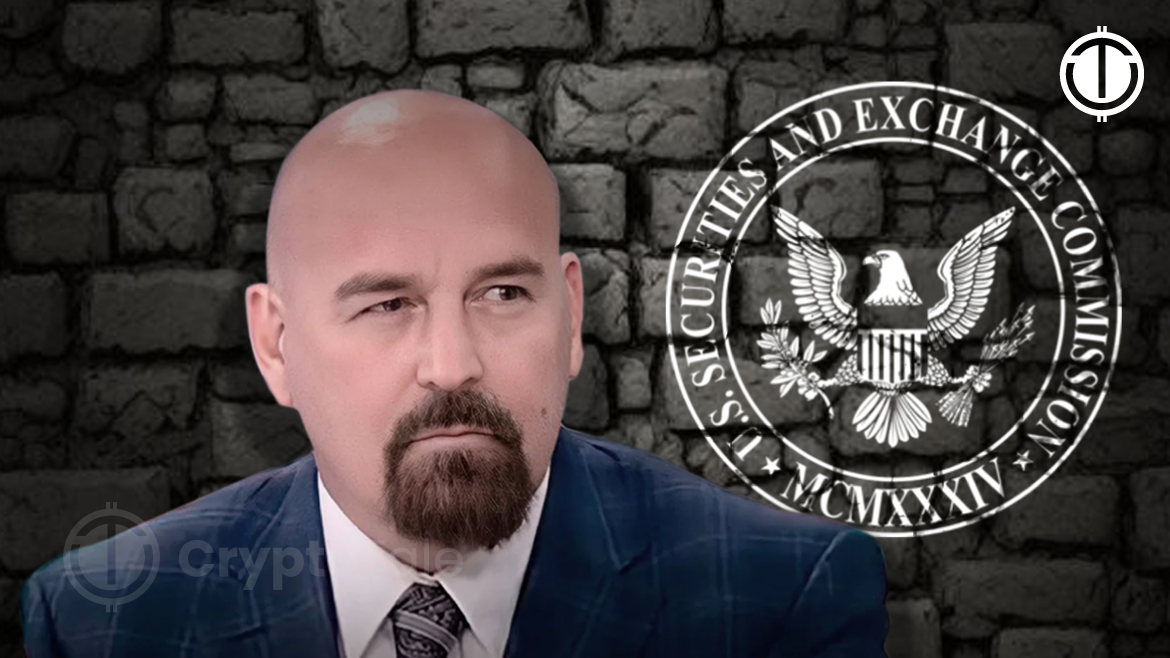- XRP Advocate John Deaton calls out McHenry for failing to subpoena Gensler, citing obstruction in SEC oversight amid the Ripple case.
- Brian Costello accuses the FSC Chair of enabling Gensler to shield China in the U.S. markets, raising concerns about national market security.
- Deaton analyzes Ripple’s $770 million alleged violations and anticipates lower penalties, highlighting legal intricacies in upcoming judgment.
In a recent development, renowned XRP advocate John Deaton has criticized Patrick McHenry, the Financial Service Committee (FSC) chair, for failing to issue a subpoena to the SEC Chair Gary Gensler. This action came after Gensler refused to comply with Congressional oversight requests, greatly disappointing Deaton, who represented thousands of XRP holders in the SEC v. Ripple case.
In a recent X post, Deaton emphasized Congress’s need to issue multiple subpoenas to Gensler, holding him accountable for obstructing congressional oversight.
Deaton’s reaction stemmed from an X post by Brian Costello, a columnist at the New York Post, accusing the FSC Chair of enabling Gensler to shield China within the U.S. Capital Markets. Costello’s tweet highlighted concerns about how this support bolsters China’s economic growth and aids its military operations. He directly challenged McHenry’s role in shedding light on the Biden administration’s potential protection of China through the SEC.
In a recent video on Crypto Law TV, Deaton addressed the latest developments in the Ripple case, particularly Judge Torres’s scheduling order. Despite the distraction caused by ongoing ETF news, Deaton focused on the significant judicial progress. He highlighted the key dates outlined in the court’s scheduling order, which shapes the final stage of the case.
Detailing the schedule, Deaton highlighted that remedies-related Discovery is set for completion by February 12. Following this, on March 13, the SEC is due to issue their brief outlining the penalties it seeks Ripple to pay. Ripple’s response to this brief is slated for April 12, followed by the SEC’s opportunity to reply to Ripple’s opposition by April 29.
Deaton dissected the implications of Ripple’s alleged violations of $770 million, particularly regarding unregistered XRP transactions. He speculated on potential deductions from this figure, emphasizing that the final judgment, anticipated around the summer of next year, would solely impact Ripple as individuals like Brad Garlinghouse and Chris Larson are not part of the current case.
Drawing from legal precedents like the LBRY vs. SEC case and judgments, Deaton discussed the necessity for demonstrating actual financial harm to victims before imposing substantial penalties. He underscored the importance of considering net profits, legitimate business expenses, and economic losses suffered to arrive at a fair and just resolution.
Deaton predicted Ripple’s liabilities to be notably lower than anticipated, possibly even less than their attorney fees. He highlighted the potential mismatch in resource allocation and attention for a case that could result in minimal financial penalties despite the extensive legal battle waged by both parties. The intricacies and legal nuances in the Ripple case indicate a protracted struggle ahead, wherein the final judgment’s impact on Ripple remains uncertain, all while XRP holders keenly observe the outcome.






